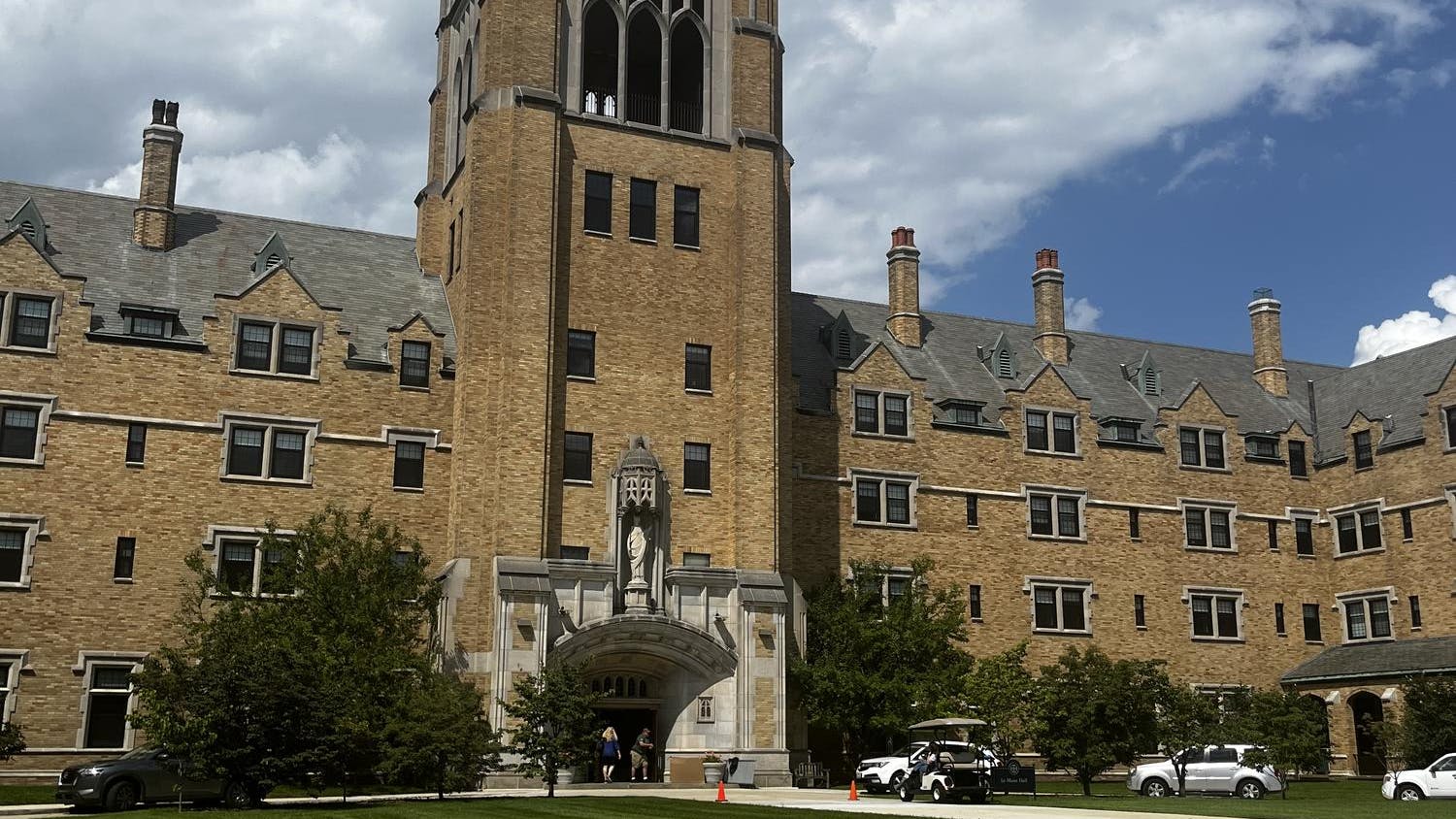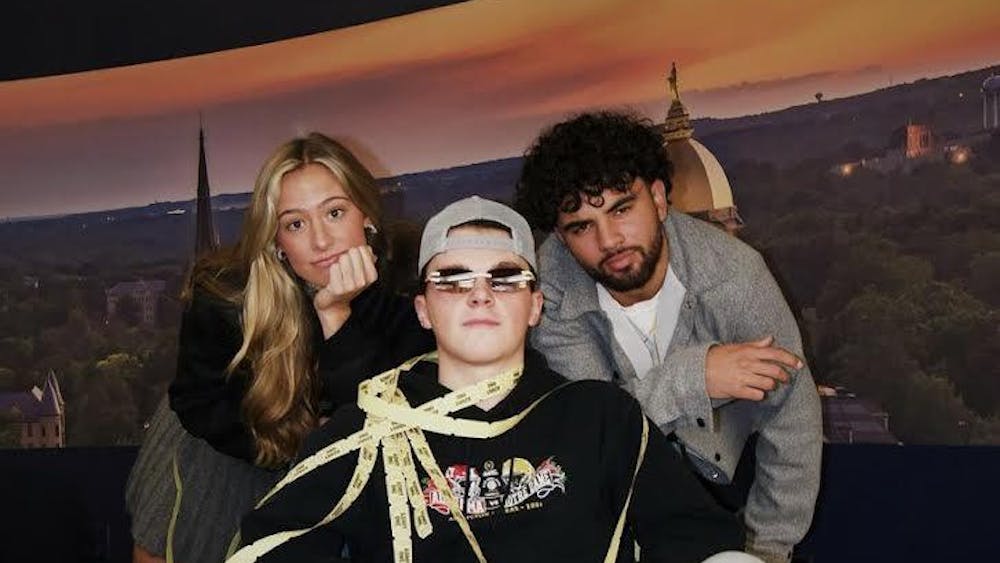Indiana Gov. Mike Pence vetoed a bill Thursday that would allow private university police departments to follow different crime reporting standards than other police agencies.
House Bill 1022, introduced in January by State Rep. Patrick Bauer (D-South Bend), would have changed state law to require private university police departments to release records relating only to arrests and incarcerations.
“Throughout my public career, I have long believed in the public’s right to know and a free and independent press,” Pence said in a written statement. “Limiting access to police records in a situation where private university police departments perform a government function is a disservice to the public and an unnecessary barrier to transparency.”
The bill was approved by a unanimous vote in the House and a 49-to-1 vote in the Senate. Thursday was the last day for Pence to sign or veto the bill. Otherwise, it would have become law without his signature.
Bauer, a co-author of the bill, said transparency was not the bill’s primary purpose. If passed, the bill would have required private university police departments to align their training programs with those of public agencies, he said.
“My number one goal was protecting students from crime,” he said.
Throughout the bill’s legislative process, a high-profile lawsuit over access to Notre Dame’s private police records has been unfolding. ESPN sued the University in January 2015 after Notre Dame Security Police (NDSP) refused to release incident reports related to student-athletes on two separate occasions.
The Indiana Court of Appeals ruled in favor of ESPN on March 15, finding NDSP to be a public agency subject to public record laws and reversing the decision of the trial court. The case was remanded to the trial court to determine what types of records NDSP will be required to produce under Indiana’s Access to Public Records Act (APRA).
“While House Enrolled Act 1022 provides for limited disclosure of records from private university police departments, it would limit the application of the Access to Public Records Act following the Court of Appeals decision and result in less disclosure, therefore I have decided to veto the bill. Hoosiers may be assured that my administration will always be vigilant to preserve government accountability and the public’s right to know,” Pence said in the statement.
When dealing with college police departments, Bauer said he thinks transparency is necessary at times — namely, when handling crimes.
“You have to say what the balance of rights is. And the balance of rights comes out in favor of the privacy of students,” he said. “Transparency of a crime is where I draw the line. If you have a fight in your house, that’s private. If it’s an assault fight, that’s a crime.”
Bauer said he had to consider federal privacy laws — the Family Educational Rights and Privacy Act of 1974 (FERPA) and the Clery Act — when redefining state privacy laws.
“You’re balancing federal law with state law, and you’re protecting private rights and the private privileges that the students have by law,” he said. “ … That dorm is your home. That is not public — that’s private.”
Bauer said he did not write the bill in response to the Notre Dame-ESPN lawsuit; instead, he said he saw a need for the bill after watching “The Hunting Ground,” a 2015 documentary profiling sexual assault cases on college campuses, including Notre Dame.
“I think something’s got to be done in protecting students, and I think the movie proved it,” he said. “I think it’s great that everybody cares. This could have all gone away and not happened.”
Bauer, a Notre Dame graduate, said the Independent Colleges of Indiana (ICI) asked to help work on the bill. Bauer serves on the board of the ICI, but said his position does not create a bias because he would not benefit personally from the bill in any way.
Notre Dame supported the ICI’s efforts to increase transparency in private university police departments, Paul Browne, vice president for public affairs and communications, said in an email.
“With the veto, the situation reverts to where no reporting whatsoever is required,” Browne said. “ICI showed the way forward, but regrettably it was rejected.”
The General Assembly might have the chance to override the veto if the bill is handed down in the next session, which begins in January 2017, Bauer said. However, the pending results of the ESPN lawsuit will affect the bill’s future impact.
Bauer said he doubts the court’s ruling in the ESPN lawsuit will completely resolve the debate over public records, further legal or legislative action may have to be taken.
“Overriding a veto is a difficult option,” he said. “Sometimes, though, if you’re going to make a change in a law that’s not controversial, it’s not making much of a change.”













